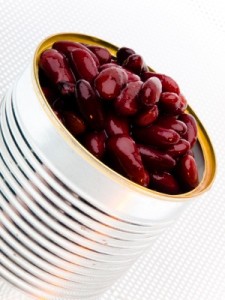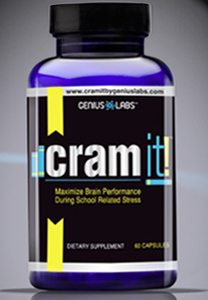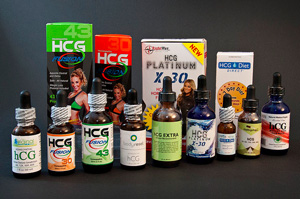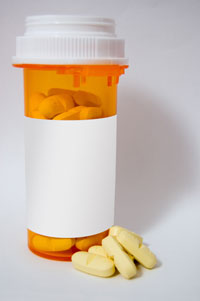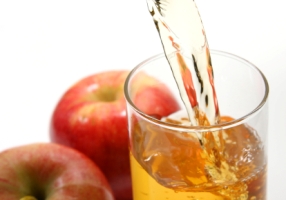Did you know our government says companies can sell us food with an average of 225 insect fragments? Or that 4.5 rodent hairs per 8 ounces of noodle products is acceptable? Swallow this: the FDA also says that an average of 20 or more maggots is permitted per 3.5 ounces of drained canned mushrooms, or that an average of 15 percent is OK for the mold content in canned cranberry sauce. Our government has a lot of rules about “bad” or “tainted” food that I was pretty shocked to learn about, one of which is reconditioning.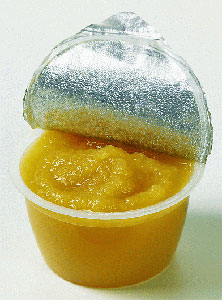
Recently a school lunch supplier, SnoKist Growers, repackaged moldy applesauce into fruit cups and canned goods. Even though the public outcry has caused the FDA to re-inspect, this is not an illegal practice. The company, per FDA standards, is allowed to run the food through a heat process to kill the contaminant. This process then renders the food safe and shelf ready. This same process was used in 2024 when over 177 products were recalled from Basic Food Flavors, Inc., a hydrolyzed vegetable protein, or HVP, producer. Salmonella was found in their HVP, a very popular flavor enhancer, and thus the company heat-treated the HVP and it was reconditioned, distributed, and sold.
FDA officials say they expect some contaminants to in products, simply because a zero-tolerance threshold would be impossible to for manufacturers to meet. As the consumer, I’d like to know if my rice was re-sifted because a month ago to remove bug parts. I really want to know if the applesauce I buy for my son was full of mold weeks prior. However, the FDA does not require a label or notification or even a price reduction to shoppers, nor is it going to any time soon. I doubt anyone would buy rice with a label stating, “Contained bugs last month.” (more…)


